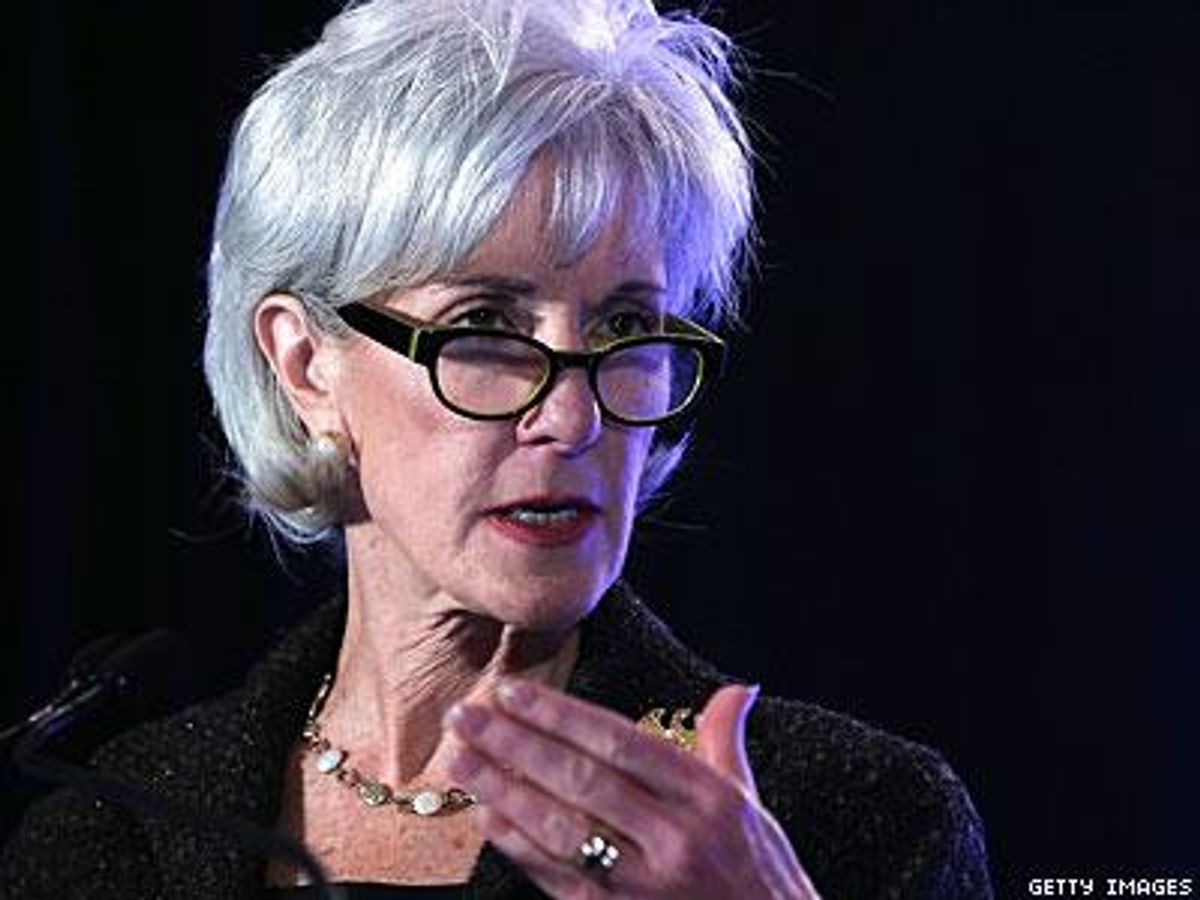Health
HHS Offers Benefits, Joint Placement to Married LGBT Seniors on Medicare
HHS Offers Benefits, Joint Placement to Married LGBT Seniors on Medicare

Legally married same-sex couples are now eligible for the same benefits and spousal placement offered to straight couples in nursing homes that accept Medicare.

Sunnivie Brydum
Sunnivie is the managing editor of The Advocate, and an award-winning journalist whose passion is covering the politics of equality and elevating the unheard stories of our community. Originally from Colorado, she and her spouse now live in Los Angeles, along with their three fur-children: dogs Luna and Cassie Doodle, and "Meow Button" Tilly.
Sunnivie is the managing editor of The Advocate, and an award-winning journalist whose passion is covering the politics of equality and elevating the unheard stories of our community. Originally from Colorado, she and her spouse now live in Los Angeles, along with their three fur-children: dogs Luna and Cassie Doodle, and "Meow Button" Tilly.
August 29 2013 12:21 PM EST
May 02 2016 3:38 AM EST
sunnivie

















































































Fans thirsting over Chris Colfer's sexy new muscles for Coachella